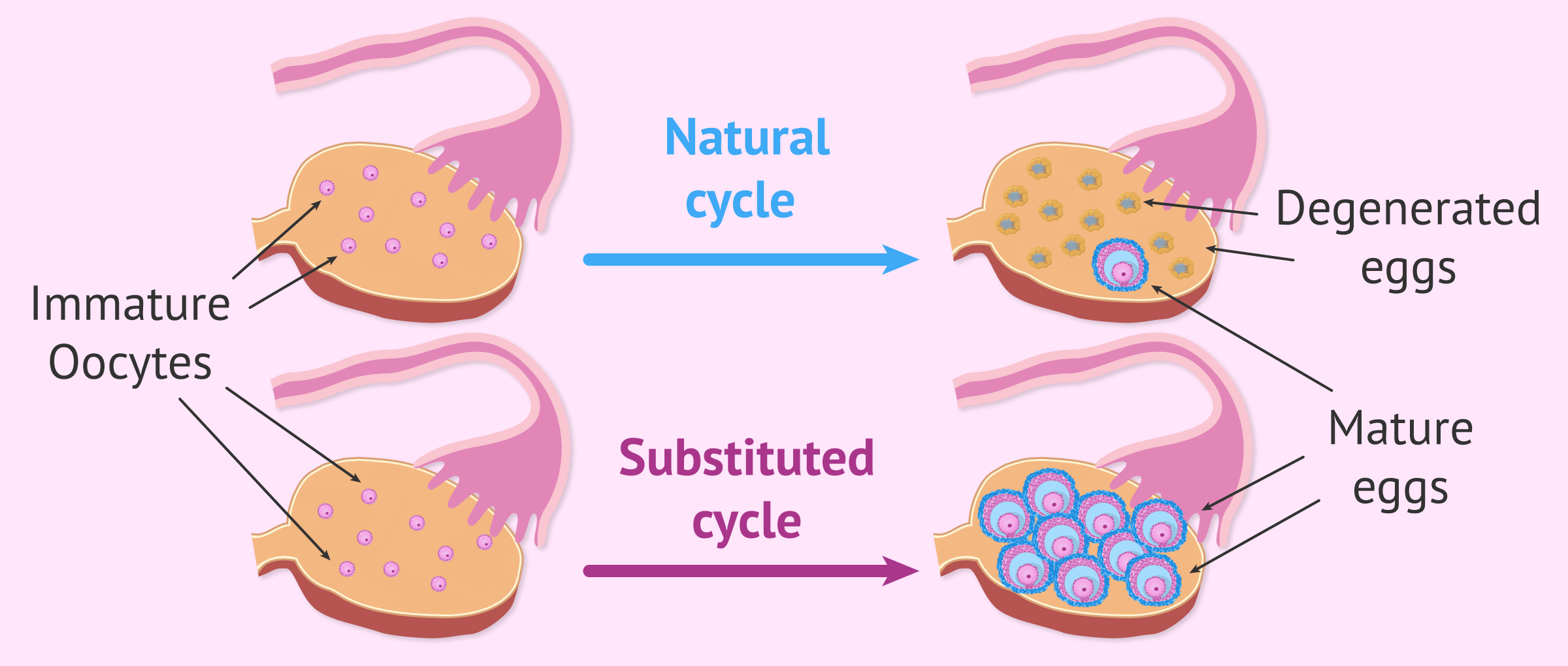Follicle Stimulating Hormones (FSH) for the Ovaries: A Guide to the Fertility Drug World
Everyone’s always talking about IVF medication, but let’s take a deep dive into specifics. We hope to teach more about specific ovarian stimulation medications and what the brand name is. IVF medication is a pivotal component of assisted reproductive technologies (ART), such as in vitro fertilization (IVF). The primary goal is to induce the ovaries to produce multiple mature eggs, thereby enhancing the chances of successful fertilization and pregnancy. Various medications are employed in this process, each with distinct mechanisms and applications. What is follicle-stimulating hormone (FSH)?
Below is an overview of commonly used ovarian stimulation medications:
Follicle-Stimulating Hormone (FSH) Medications:
Follistim (Follitropin Beta):
Description: A recombinant form of FSH that stimulates the ovaries to develop multiple follicles.
Administration: Subcutaneous injection.
Considerations: Follistim is often considered interchangeable with Gonal-F, another FSH medication.
Gonal-F (Follitropin Alfa):
Description: Another recombinant FSH used to promote follicular development.
Administration: Subcutaneous injection.
Considerations: Similar efficacy to Follistim; choice between the two may depend on individual response and physician preference.
Combination FSH and Luteinizing Hormone (LH) Medications:
Menopur (Menotropins):
Description: Contains both FSH and LH, aiding in the development and maturation of ovarian follicles.
Administration: Subcutaneous injection.
Considerations: Menopur is commonly used to provide both FSH and LH during ovarian stimulation.
Pergoveris:
Description: A combination of recombinant FSH and LH, designed for patients who require additional LH support.
Administration: Subcutaneous injection.
Considerations: Often prescribed to women with low LH levels or those with hypogonadotropic hypogonadism, a condition where the body produces insufficient reproductive hormones.
Oral Medications:
Clomiphene Citrate (Clomid):
Description: A selective estrogen receptor modulator (SERM) that induces ovulation by increasing the release of FSH and LH from the pituitary gland.
Administration: Oral tablet, typically taken for 5 days early in the menstrual cycle.
Considerations: Clomid has been approved for ovulation induction by the FDA since 1967 and is often used due to its low cost and extensive track record.
Letrozole (Femara):
Description: An aromatase inhibitor that reduces estrogen production, leading to an increase in FSH secretion and stimulation of ovarian follicles.
Administration: Oral tablet, usually taken for 5 days at the beginning of the menstrual cycle.
Considerations: Letrozole is commonly used for ovulation induction, particularly in women with polycystic ovary syndrome (PCOS).
Additional FSH Medications:
Bravelle (Urofollitropin):
Description: A purified form of human-derived FSH that stimulates follicular growth.
Administration: Subcutaneous or intramuscular injection.
Considerations: As a urinary-derived FSH, it differs from recombinant FSH medications like Follistim and Gonal-F. Some patients may have preferences based on their body's response.
What does Ovarian Stimulation Mean?
The best way to describe it is by showing you an image. Look below!
Reference - https://www.invitra.com/
Top Half
This is what happens naturally, which is that only 1 dominant follicle is selected by the body to develop and grow into a mature egg. (There’s a whole science behind it, but we can get to that another time)
Bottom Half
This is what happens during ovarian stimulation. All the immature oocytes are stimulated and grow to become multiple dominant follicles. This way more eggs can be retrieved!
If that image wasn’t enough, check out this website that has great images for explanation of FSH
There are many studies that highlight the importance of follicle-stimulating hormones and what it can do for you. Check out these studies on FSH and oocyte quality!
Conclusion:
Selecting the appropriate ovarian stimulation medication is a nuanced decision that depends on individual patient factors, including hormonal profiles, ovarian reserve, and specific fertility diagnoses. It's essential to consult with a fertility specialist to determine the most suitable medication regimen tailored to your unique circumstances. Your doctor will suggest the medications they think are most appropriate for any situation, but we hope this blog will help your understanding of ovarian stimulation medications and potential brands!
“Excuse me, waiter? Yeah, I’ll take another round of IVF meds—extra hormones on the side. My follicles are still a little hungry!”
